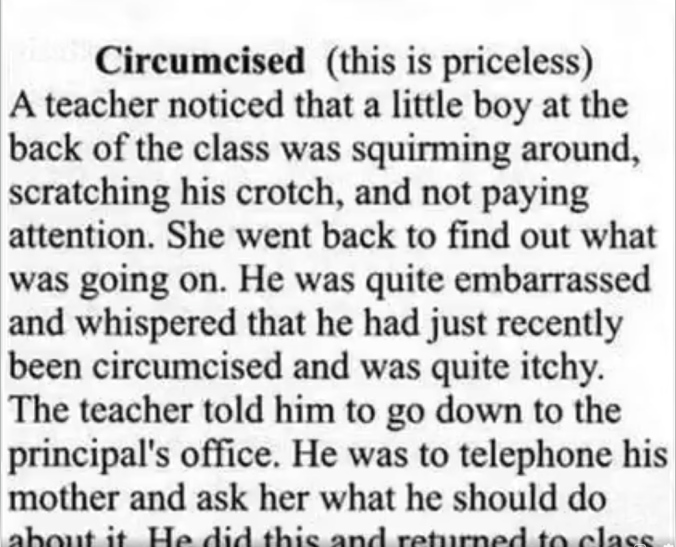One morning, Mrs. Parker noticed a boy fidgeting in class, clearly uncomfortable. Instead of calling attention to him,
she quietly approached and asked if he was okay. Embarrassed, he admitted he wasn’t feeling well and didn’t know what to do.
With calm kindness, Mrs. Parker suggested he go to the principal’s office to call his mother. Her gentle response eased his worry,
and when he returned, he looked more relaxed. What mattered most wasn’t just the solution, but how he was treated—with dignity and respect.
That moment revealed a deeper truth: children remember how they are made to feel. By showing empathy, Mrs. Parker turned a potentially
embarrassing situation into one of care and reassurance. The class also witnessed compassion in action—a lesson more powerful than any assignment.
Such moments show the quiet strength of empathy in shaping lives. A kind word or thoughtful action can leave a lasting impression long after
facts and lessons fade. That student may forget the year’s curriculum, but he will always remember that his teacher made him feel safe, seen, and supported.
